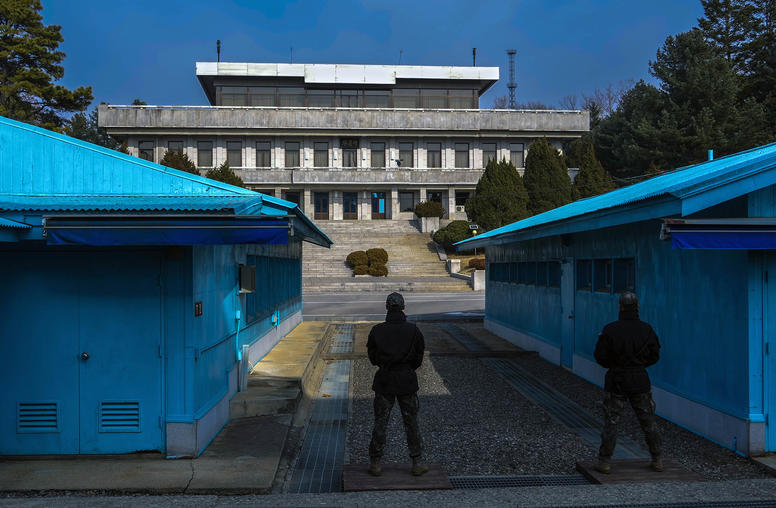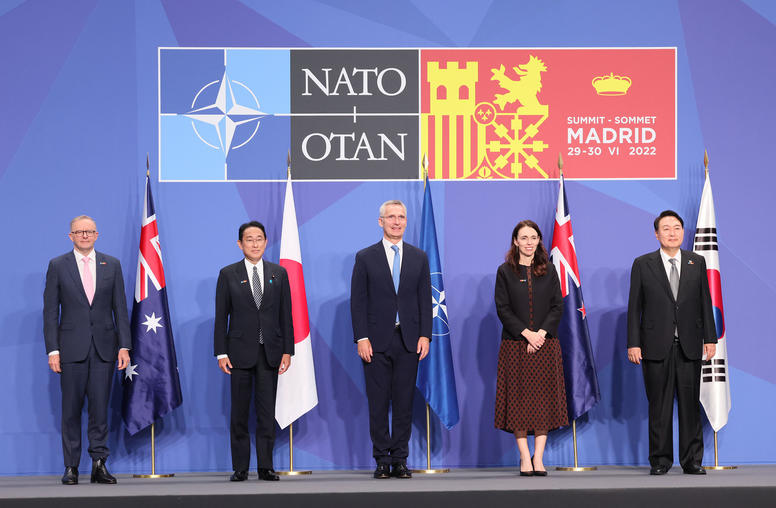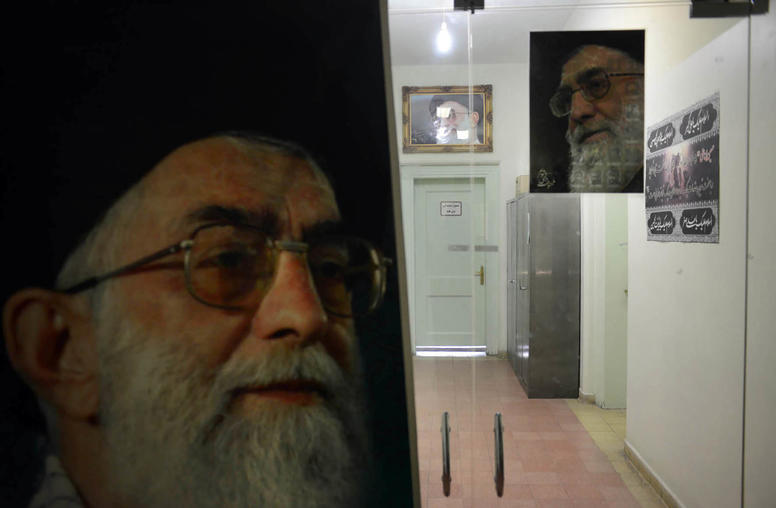Working with Groups of Friends
This volume explores how peacemakers can productively work with informal mini coalitions of states or intergovernmental organizations that provide support for resolving conflicts and implementing peace agreements—an innovation often referred to as groups of “Friends.” This handbook is part of the Peacemaker’s Toolkit series, published by the United States Institute of Peace.

Summary
Determining how to work with the many external actors involved in any peace process is a critical issue for peacemakers. This volume explores how peacemakers can productively work with informal mini coalitions of states or intergovernmental organizations that provide support for resolving conflicts and implementing peace agreements—an innovation often referred to as groups of “Friends.” Using lessons learned from successful and less effective examples of peacemaking, the author introduces five steps for mediators who may consider working with these groups:
- Assess the environment for Friends
- Develop a strategy
- Engage with Friends and conflict parties
- Sustain coordinated support
- Prepare for implementation
This handbook encourages and facilitates the rigorous analysis of the potential benefits and risks of engaging regional and international external actors in the mediation process.
Print copies of this toolkit can be purchased from USIP's online bookstore.
About this Handbook
This handbook is part of the series the Peacemaker’s Toolkit, which is being published by the United States Institute of Peace. For twenty-five years, the United States Institute of Peace has supported the work of mediators through research, training programs, workshops, and publications designed to discover and disseminate the keys to effective mediation.
The Institute—mandated by the U.S. Congress to help prevent, manage, and resolve international conflict through nonviolent means—has conceived of The Peacemaker’s Toolkit as a way of combining its own accumulated expertise with that of other organizations active in the field of mediation. Most publications in the series are produced jointly by the Institute and a partner organization. All publications are carefully reviewed before publication by highly experienced mediators to ensure that the final product will be a useful and reliable resource for practitioners.



